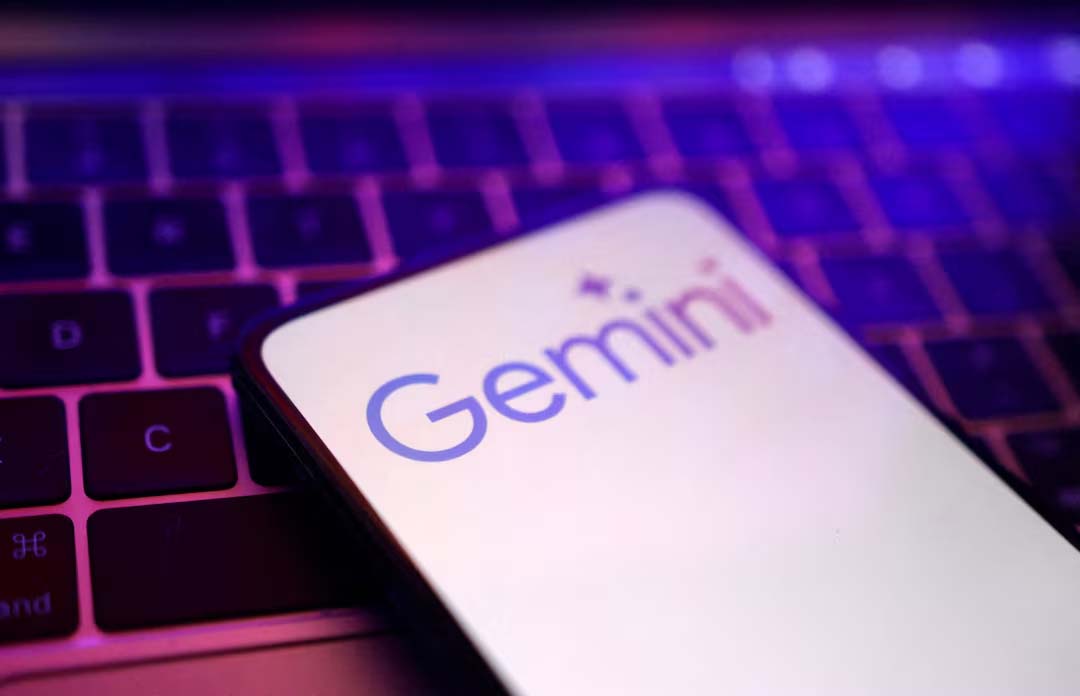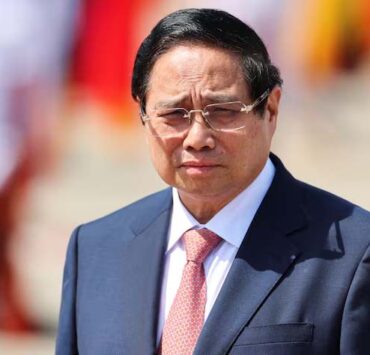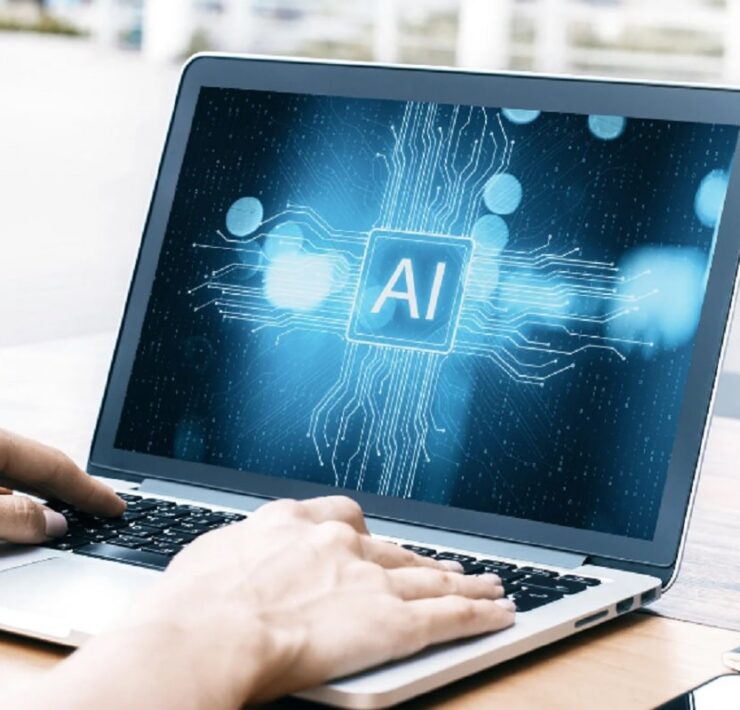OpenAI would buy Google’s Chrome, exec testifies at trial

WASHINGTON — OpenAI would be interested in buying Google’s Chrome if antitrust enforcers are successful in forcing the Alphabet unit to sell the popular web browser as part of a bid to restore competition in search, an OpenAI executive testified on Tuesday at Google’s antitrust trial in Washington.
ChatGPT head of product Nick Turley made the statement while testifying at trial in Washington where US Department of Justice seeks to require Google to undertake far-reaching measures restore competition in online search.
The judge overseeing the trial found last year that Google has a monopoly in online search and related advertising.
Google has not offered Chrome for sale. The company plans to appeal the ruling that it holds a monopoly.
The beginning of the high-stakes trial provided a glimpse into the generative AI race, where Big Tech companies and startups are vying to build up their apps and gain users.
Prosecutors raised concerns in opening statements on Monday that Google’s search monopoly could give it advantages in AI, and that its AI products are another way to lead users to its search engine.
Google has pointed to competition among companies offering generative AI products, such as Meta Platforms and Microsoft.
Turley wrote last year that ChatGPT was leading in the consumer chatbot market and did not see Google as its biggest competitor, according to an internal OpenAI document Google’s lawyer showed at trial. He testified that the document was meant to inspire OpenAI employees and that the company would still benefit from distribution partnerships.
‘Better product’
Turley, a witness for the government, testified earlier in the day that Google shot down a bid by OpenAI to use its search technology within ChatGPT. OpenAI had reached out to Google after experiencing issues with its own search provider, Turley said, without naming the provider. ChatGPT uses technology from Microsoft’s search engine, Bing.
“We believe having multiple partners, and in particular Google’s API, would enable us to provide a better product to users,” OpenAI told Google, according to an email shown at trial.
OpenAI first reached out in July, and Google declined the request in August, saying it would involve too many competitors, according to the email.
“We have no partnership with Google today,” Turley said.
The DOJ’s proposal to make Google share search data with competitors as one means of restoring competition would help accelerate efforts to improve ChatGPT, Turley said.
Search is a critical part of ChatGPT to provide answers to user queries that are up to date and factual, Turley said. ChatGPT is years away from its goal of being able to use its own search technology to answer 80 percent of queries, he added.
Reuters, the news and media division of Thomson Reuters, is the world’s largest multimedia news provider, reaching billions of people worldwide every day. Reuters provides business, financial, national and international news to professionals via desktop terminals, the world's media organizations, industry events and directly to consumers.




















